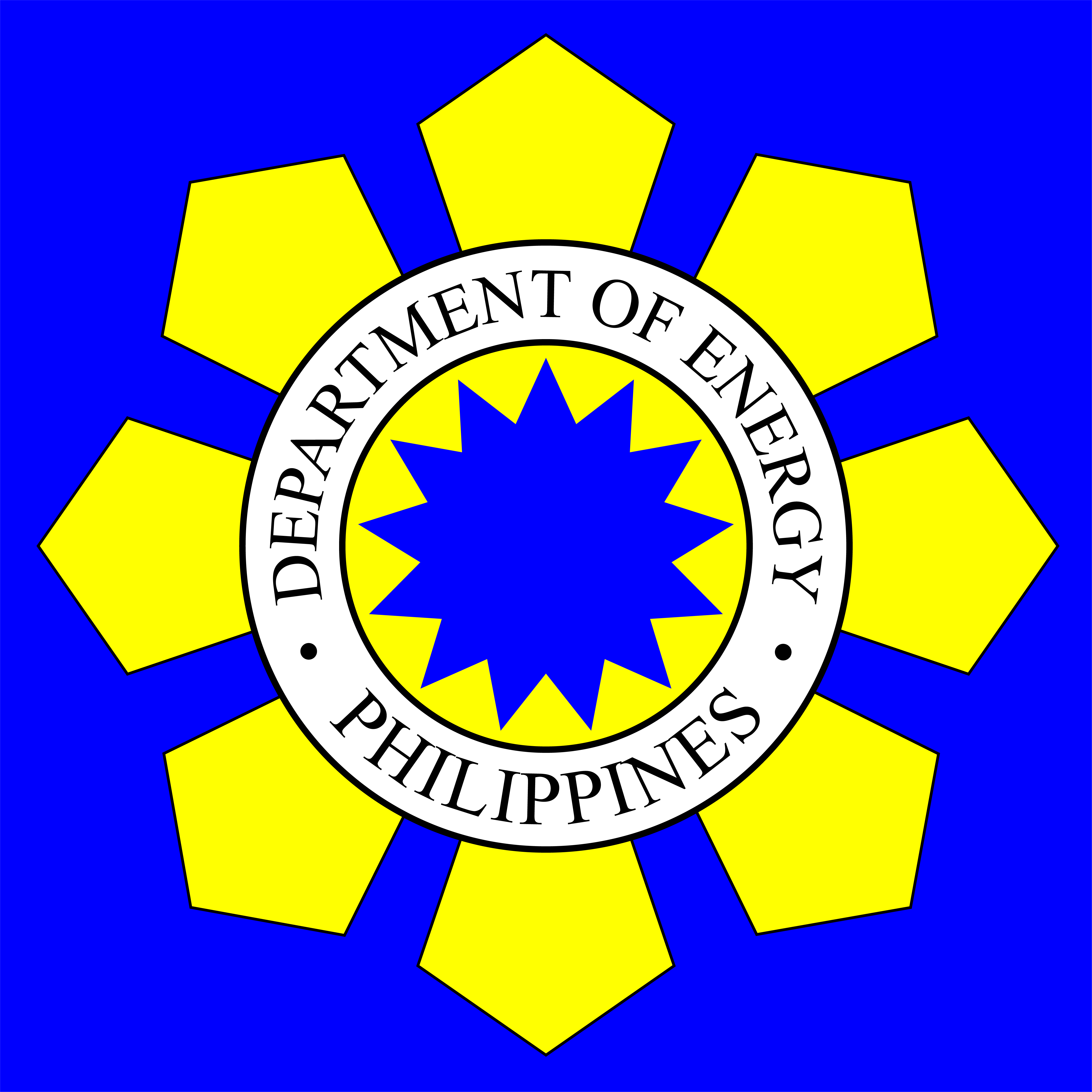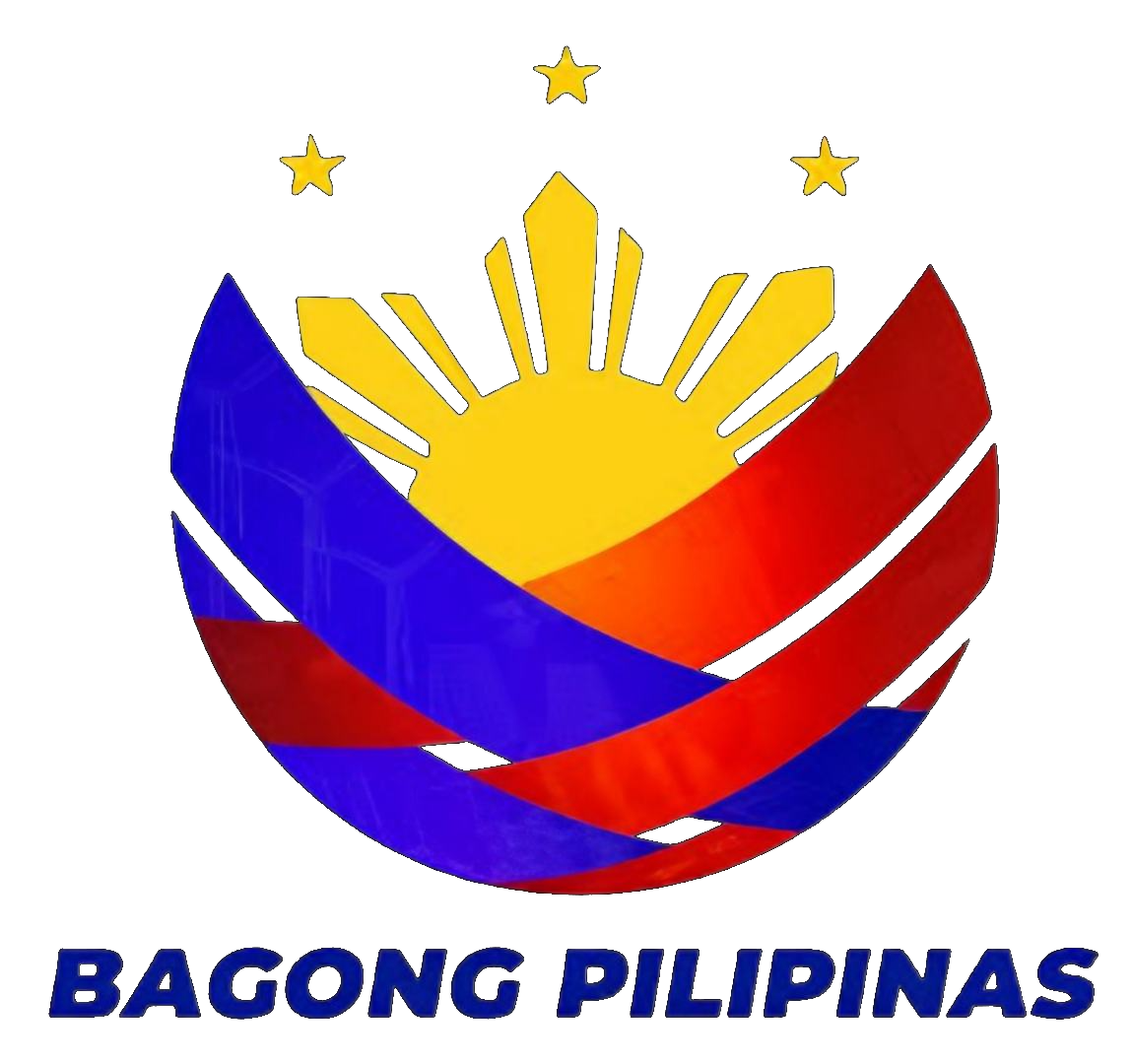8 Results
Development and Livelihood Projects
Development and Livelihood Projects
Energy Service Companies (ESCO)
Energy Service Company (ESCO)
What is an ESCO?
Energy Service Company (ESCO) refers to a juridical entity that offers multi-technology services and goods towards developing and designing energy efficiency projects, delivering and guaranteeing energy savings, and ensuring cost-effective and optimal performance. Their services include energy supply and management, energy financing, technical engineering expertise and consultancy, equipment supply, installation, operation, maintenance, and upgrade, and monitoring and verification of performance and savings. Their goods include lighting, motors, drives, heating, ventilation, air conditioning systems, building envelope improvements, and waste heat recovery, cooling, heating, or other usable forms of energy control systems.
Department Circular 2020-09-0018
The ESCO Guidelines include among others, certification requirements, review and evaluation process, and the classification of ESCOs, and states that ESCOs applying for certification must demonstrate their technical and managerial competence to design and implement energy efficiency projects, including energy audits, design engineering, providing or arranging project financing, construction management, operations and maintenance of energy efficient technologies, and verifying energy savings.
The following classification is hereby introduced in the ESCO Guidelines:
Registered ESCO refers to an ESCO seeking accreditation for professional services to DOE for the first time that meets the minimum of requirements on legal and technical capacity. The validity of the Certificate for Registered ESCO shall be for three (3) years.
Certified ESCO refers to an ESCO which in addition to meeting the requirements of a Registered ESCO also has proven performance or results-based projects savings experience and with proven customer experiences. The validity of the Certificate of Certified ESCO shall be valid for five (5) years.
History
The Philippines' Department of Energy (Filipino: Kagawaran ng Enerhiya), abbreviated as DOE is the executive department of the Philippine Government responsible for preparing, integrating, coordinating, supervising and controlling all plans, programs, projects and activities of the Government relative to energy exploration, development, utilization, distribution and conservation.
The Department of Energy was created by then President Marcos as he issued Presidential Decree No. 1206 which created the Ministry of Energy and attached the National Power Corporation and Philippine National Oil Company to this new agency. The Ministry was abolished during the Regime of Corazon Aquino. During the Regime of President Fidel V. Ramos, that Department was created by virtue of Republic Act No. 7638 otherwise known as the Department of Energy Act of 1992.
The Department was vested additional powers and functions under pertinent energy and power related legislations, such as Republic Act No. 9136 or the "Electric Power Industry Reform Act of 2001", Republic Act No. 9367 or "Biofuels Act of 2006", and Republic Act No. 9513 or "Renewable Energy Act of 2008."
Organizational Structure
Electric Power Industry Management Bureau
Supervises the implementation of electric power industry restructuring to establish a competitive, market-based environment, and encourage private-sector participation; ensures adequate, efficient, and reliable supply of electricity, and formulates plans, programs, and strategies relative to rural electrification
Power Market Development Division
Power Market Research and Development Section
EPIRA Monitoring and Coordination Section
Power Planning and Development Division
Power Development Planning Section
Transmission Development Planning Section
Missionary Electrification Development Planning Section
Rural Electrification Administration and Management Division
Rural Electrification Systems Administration Section
Rural Electrification Project Management Section
Non-electrification Project Management and Administration Section
Power Planning and Development Division
Formulates policies, plans, and programs related to generation, transmission, distribution, and supply of electricity and ensures effective implementation thereof.
Power Development Planning
Prepares and updates annually the Philippine Power Development Plan (PDP).
Evaluates individual plans of
Generation companies
National transmission company or its buyer/concessionaire
Distribution utilities
Suppliers of electricity; and
Other entities engaged in the delivery of electricity services
Prepares indicative supply and demand options based on economics and technologies with the view to ensuring greater private sector participation.
Undertakes long-term national, regional and sectoral electricity demand forecasts.
Ensures sufficient reserve capacities through the formulation of necessary policy recommendations in this regard.
Provides power sector inputs to the Philippine Energy Plan (PEP), Regional Energy Plans (REPs), and Sectoral Energy Plans (SEPs).
Monitors and assesses system development and performance in the market.
Coordinates with various government agencies, electric power industry participants, consumer groups, etc. (e.g., DOF, NEDA, NEA, ERC, NPC, PSALM, TRANSCO, various IPPs, Meralco, ECs) on matters related to the above-enumerated functions.
Assists in the PEP, REP, and SEP consultations.
Provides secretariat support to various activities relating to the power sector.
Performs Ad Hoc functions as may be assigned.
Transmission Development Planning
Evaluates and recommend approval of the Transmission Development Plan (TDP) of Transco or its buyer/concessionaire.
Formulates policy recommendations on transmission expansions.
Represents the department in the following:
Grid Management Committee (Grid Code)
Distribution Management Committee (Distribution Code)
Transco Board Technical Working Group
NP-Contracts Awards Committee
Consolidates regional and sectoral inputs relating to the transmission plan.
Monitors and assesses the transmission operations, system development, and performance in the market.
Coordinates with various government agencies, electric power industry participants, consumer groups, etc. (e.g., DOF, NEDA, ERC, NPC, PSALM, Transco, various IPPs, Meralco, ECs) on matters related to the above-enumerated functions.
Performs Ad Hoc functions as may be assigned.
Missionary Electrification Development Planning
Evaluates and update annually the Missionary Electrification Development Plan (MEDP).
Formulates policy recommendations on the sufficiency of the supply of electricity in off-grid areas.
Prepares indicative supply and demand options based on economics and technologies in off-grid areas.
Formulates policy recommendations on missionary electrification and off-grid connections.
Coordinates the planning of missionary electrification projects.
Evaluates the missionary electrification projects of NPC-Small Power Utilities Group (NPC-SPUG) and other parties operating in off-grid areas.
Provides power sector inputs to the Philippine Energy Plan (PEP), Regional Energy Plans (REPs), and Sectoral Energy Plans (SEPs).
Coordinates with various government agencies, electric power industry participants, consumer groups, etc. (e.g., DOF, NEDA, NEA, ERC, NPC, PSALM, Transco, various IPPs, Meralco, ECs) on matters related to the above-enumerated functions.
Provides secretariat support to various activities relating to missionary electrification.
Performs Ad Hoc functions as may be assigned.
Power Market Development Division
Formulates Policies, plans, and programs related to the development of the Philippine power market and ensures the effective and sustainable operation of competitive national and regional electricity markets
Power Marketing Research and Development
Oversees and implements the Philippine Wholesale electricity spot market (WESM)
Formulates policy recommendations relating to sustainable electricity market transformation
Evaluates and monitor the performance of the electricity market
Undertakes research and studies to further develop and strengthen the Philippine electricity market
Implements and facilitates technical assistance projects related to the WESM
Represents the department in the ff. inter-agency committees:
WESM technical working groups
NEDA technical working committees relating to power (NEED BASIS)
Provides secretariat support to the WESM technical working groups
Coordinates with various government agencies, electric power industry participants, consumer groups, ETC. (E.G., DOF, NEDA, NEA, ERC, NPC, PSALM, TRANSCO, VARIOUS IPPs, MERALCO, ECs) on matters related to the above-enumerated functions
Performs AD HOC functions as may be assigned
EPIRA Monitoring and Coordination
Evaluates and monitor EPIRA implementation and compliance of electric power industry participants (government and private sector entities)
Evaluates submissions of various agencies relating to the reportorial requirements of the joint congressional power commission (JCPC)
Prepares BI-annual reports to the JCPC on EPIRA implementation and compliance
Formulates policy recommendations to ensure effective implementation of the restructuring objectives
Implements and facilitates technical assistance projects related to EPIRA
Coordinates with various government agencies, electric power industry participants, consumer groups, ETC. (E.G., DOF, NEDA, NEA, ERC, NPC, PSALM, TRANSCO, VARIOUS IPPs, MERALCO, ECs) on matters related to the above-enumerated functions
Provides secretariat support to the EPIRA implementation steering committee and JCPC meetings
Performs AD HOC functions as may be assigned
Rural Electrification Administration and Management Division
Formulates policies, plans, and programs related to the department's thrust to total energization of the country and provision of financial benefits to host communities and ensures effective implementation thereof.
Rural Electrification Systems Administration
Formulates policy recommendations on the rural electrification thrust of the department including the enhancement of private sector participation in off-grid areas.
Prepares integrated rural electrification plans and programs including missionary electrification.
Assists in the preparation of PDP and MEDP
Evaluated the annual distribution plan of the National Electrification Administration (NEA).
Undertakes policy research and studies relating to rural electrification.
Coordinates with the concerned DOE units in the promotion and implementation of renewable energy projects for rural electrification.
Formulates criteria for Qualified Third Parties (QTPs)
Coordinates and cooperates with the concerned DOE units in implementing rural electrification nationwide.
Performs Ad Hoc functions as may be assigned.
Rural Electrification Project Management
Oversees the implementation and management of rural electrification/missionary electrification projects funded through Rule 29 of EPIRA Implementing Rules and Regulations (ER 1-94) and DOE electrification budget.
Evaluates proposals for electrification projects funded through Rule 29 of EPIRA Implementing Rules and Regulations (ER 1-94) and DOE electrification budget.
Conducts technical inspections of all rural electrification projects for funding under ER 1-94
Undertakes Information and Education Campaigns on Rule 29 of EPIRA Implementing Rules and Regulations (ER 1-94) relating to electrification.
Coordinates with generation companies and/or energy resource developers for the effective implementation and compliance with Rule 29 of EPIRA Implementing Rules and Regulations (ER 1-94).
Coordinates with various government agencies, electric power industry participants, consumer groups, etc. (e.g. NEA, ERC, NPC-SPUG, PSALM, TRANSCO, various IPPs, and their Community Relations (COMRELs) Officers, Meralco, ECs) on matters related to the above-enumerated functions.
Performs Ad Hoc functions as may be assigned.
Nonelectrification Project Management and Administration
Formulates policy recommendations on the implementation of Rule 29 of EPIRA Implementing Rules and Regulations (ER 1-94) relating to developmental, livelihood, watershed management, health, and environmental enhancement projects (Non-Electrification Projects).
Oversees the implementation and management of nonelectrification projects.
Evaluates proposals for nonelectrification projects funded through Rule 29 of EPIRA Implementing Rules and Regulations (ER 1-94).
Conducts technical inspections of all nonelectrification projects for funding under ER 1-94.
Undertakes information and education campaigns on Rule 29 of EPIRA Implementing Rules and Regulations (ER 1-94) relating to nonelectrification projects.
Provides inputs in the preparation of PEP/PDP.
Coordinates with various government agencies, electric power industry participants, consumer groups, etc. (e.g., NEA, ERC, NGOs, Legislators, LGUs, various IPPs and their community relations (COMRELs) Officers, etc.) on matters related to the above-enumerated functions.
Performs Ad Hoc functions as may be assigned

